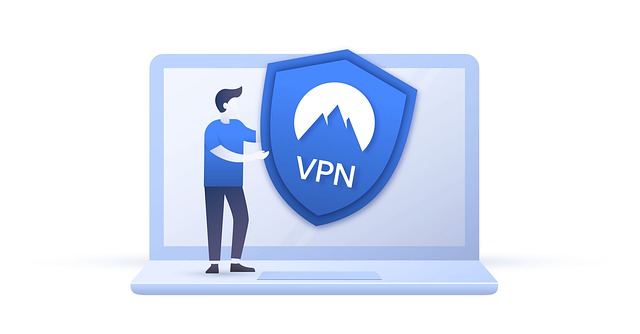Virtual Proxy Networks or VPNs are used for various purposes worldwide. Some of them provide paid services such as you have to give a monthly subscription fee, or you have to buy from the web or store while others don’t charge anything for using their services.
Most of the people use it to show an alternate location to bypass the blockades for certain sites or streaming services in their country. For example, as of August 20, 2013, Facebook is blocked in China. However, people use it through VPNs.
[expander_maker id=”1″ more=”Read more”]
As people are becoming more aware and conscious about the safety of their personal data and cyber security, many of them have also pointed fingers towards the uncertainty of data safety by free VPNs. In recent times, a lot of people express their concerns about the safety of free VPNs.
They say that their privacy and valuable personal info could be in threat while using theses free VPNs. Is there any dark side of using free VPNs? In this article, I will respond to the question like, are free VPNs really insecure, and what type of VPNs ensure the safety of your personal valuable data and privacy? I have done some research and an in-depth analysis of security issues with free VPNs. I have found some shocking insights which are enough to restrain from using free VPNs.
You have to pay some price for everything, nothing is free. Similar is the case with free VPNs. There are plenty of loopholes in the use of free VPNs. These loopholes could leave your social and online identity in hot waters. I have also made a list of some potential issues which could be faced by internet users who use free VPNs to bypass the blockade of sites and streaming services in their country.
Free VPNs are Capable of Stealing your Data:
The function of VPNs is to encrypt and tunnel your data in such a way that your ISP (internet service provider) is unable to track your activity on the web. This is where VPNs take advantage, you have already removed a security layer by making ISP unable to observe your online activity, although VPN providers could keep track of your activities.
They gather user’s data with the help of tracking libraries. The data collected through these libraries could be sold to advertising agencies for analytics later. Multiple free VPN apps are found to make use of a variety of tracking libraries.
The Inclusion of Malware:
The use of VPNs is mostly done through smartphones these days. This could be bad news for smartphone users, especially Android users. According to a recent research study by cybersecurity profession who were keeping a sharp eye on around 283 apps with most of them being exclusively for the Android platform.
They have found that almost 81% of these free VPN services were using third parties for data tracking. While 38% of these free VPN services were containing certain malware, including the infamous malware Trojan. And, to add flame to the fire, most of the free VPN users were unaware of security risks due to malware, spyware, or riskware. This is a very alarming situation.
Grabbing the Bandwidth:
Who knows? There are some VPNs who may steal your bandwidth as well and then further sell it to other organizations through a different channel. Surely, you won’t like to share your resources with anyone else and that too while you are not aware of this issue.
To name a culprit, we have an Israel based free VPN service named Hola that was found to be involved in stealing the bandwidth from users and then selling it through a separate channel which was name ‘Luminati’. This might boggle your mind because the word ‘Luminati’ rhymes with ‘Illuminati’. This is a combination of dangerous work and dangerous name, so it is better to be safe.
The Redirecting Issue:
Free VPNs might also hijack the browsers of users and redirect them to the desired websites without the will of users. One famous VPN service named ‘Hotspot Shield’ was found to redirect the users to ecommerce retail sites like the ebay.com and Alibaba.com.
Free VPN – Final Verdict:
After reading the above points with details, you might have reached a conclusion that most of the free VPNs are insecure, and you don’t know about the secured ones. So, it is better to be restrained from using free VPN services in order to save a few pennies or cents.
As you have read, your data might be sold to some other parties, or malware is making the security of your data and device under a serious threat. Your bandwidth might also be sold to someone, thus limiting your resources, and above all, you might get some redirects.
Therefore, I would recommend you to keep yourself away from such malicious VPN services who are taking advantage of your vulnerability. It is high time to turn your head towards paid VPN services, which make sure that your data remains safe. After all, your data is way more valuable than a tiny amount of money. I hope this information would be useful to you. Stay safe and protected!
[/expander_maker]








1 Comment